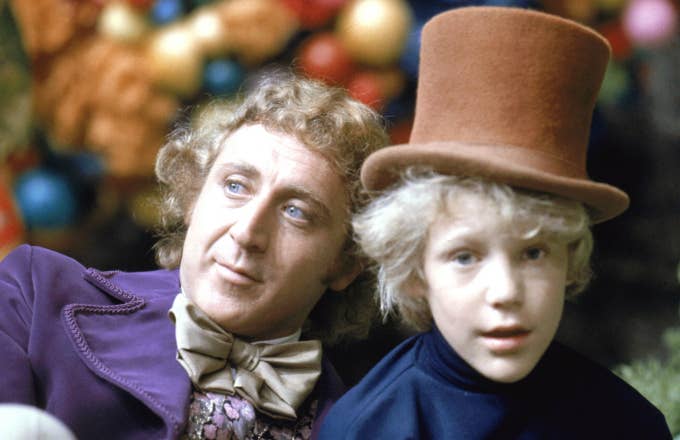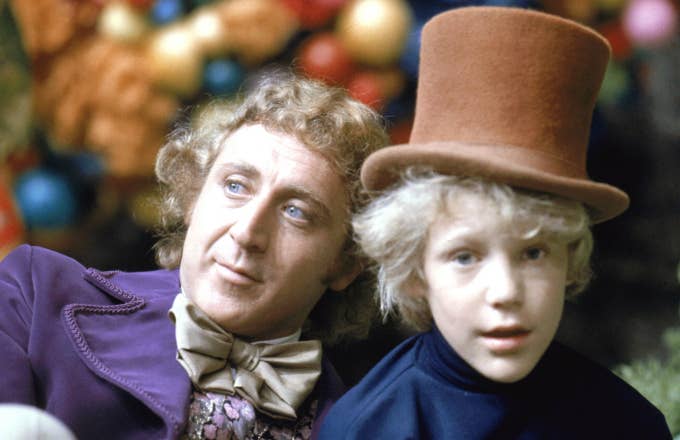
Roald Dahl, the author of the original Charlie and the Chocolate Factory, apparently had different plans for his protagonist: he wanted Charlie to be black. According to his widow, Liccy Dahl, and his biographer, Donald Sturrock, “It was his agent who thought it was a bad idea when the book was first published to have a black hero.”
Apparently, the agent thought people would ask, “Why?"
Roald Dahl originally wanted Charlie from Charlie and the Chocolate Factory to be black #r4today pic.twitter.com/h2P4NkI78f
Because of course audiences can readily accept a magical chocolate factory with a strange, reclusive owner, and a glass elevator that can transcend time and space, but not a young black boy at the heart of the story. Of course!
It must be noted that Roald Dahl has historically not been heralded as the most progressive figure in the world. He’s been known for being wildly anti-Semitic and racist.
Take, for example, the Oompa Loompas from the very same Charlie and the Chocolate Factory story: originally, Dahl thought of them as “black pygmies from Africa.” When it came time to adapt the book into Willy Wonka and the Chocolate Factory, starring Gene Wilder in the iconic titular role, the NAACP called Dahl out on the racist mess, stating “the Oompa-Loompas seemed clearly to reinforce a stereotype of slavery that American blacks were trying to overcome.” Dahl insisted that was not his intention, and even “found himself sympathizing with the NAACP”; he eventually adapted the Oompa Loompas to the orange weirdos that we now know for the book’s U.S. second edition.
Even if Roald Dahl has a shady past, this new revelation speaks volumes about how big industries like publishing or entertainment can sometimes be too afraid to just do the right thing and celebrate diversity.

